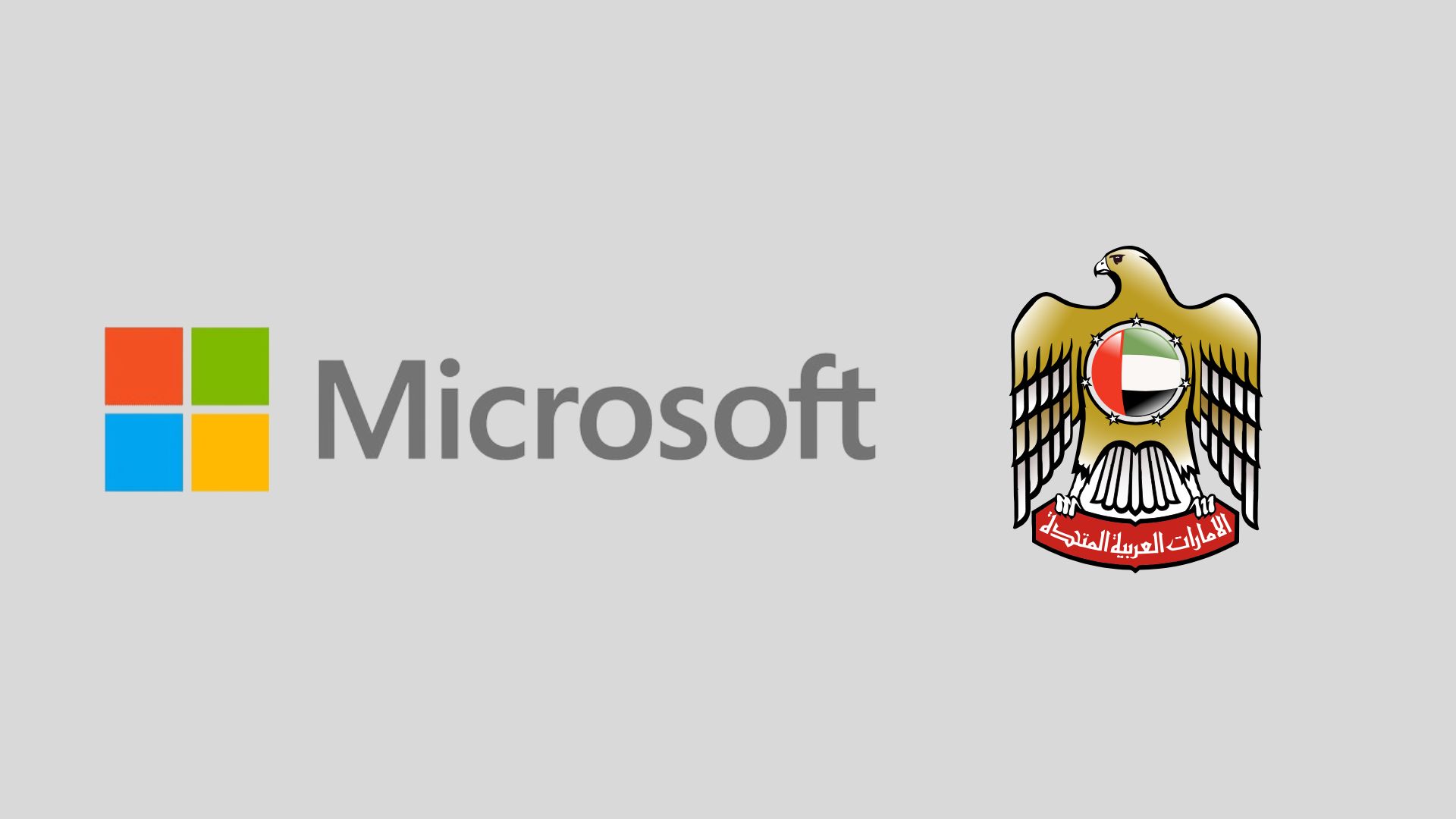Salesforce and Google have expanded their long-term partnership, introducing new integrations between Salesforce’s Agentforce 360 platform and Google’s Gemini Enterprise. The collaboration aims to enhance productivity and build a new foundation for intelligent, connected business operations.
Through the expansion, Gemini models now power Salesforce’s Atlas Reasoning Engine, combining multimodal intelligence with hybrid reasoning to improve how AI agents handle complex, multistep enterprise tasks.
These integrations also extend across Google Workspace, bringing Agentforce 360 capabilities directly into Gmail, Meet, Docs, Sheets and Drive for sales, service and IT teams.
Salesforce highlights that fine-tuned Gemini models outperform competing LLMs on key CRM benchmarks, enabling businesses to automate workflows more reliably and consistently.
The companies also reaffirm their commitment to open standards like Model Context Protocol and Agent2Agent, allowing multi-agent collaboration and interoperability across enterprise systems.
A partnership that further integrates Gemini Enterprise with Slack’s real-time search API, enabling users to draw insights directly from organisational data within conversations.
Both companies stress that these advances mark a major step toward an ‘Agentic Enterprise’, where AI systems work alongside people to drive innovation, improve service quality and streamline decision-making.
Would you like to learn more about AI, tech and digital diplomacy? If so, ask our Diplo chatbot!










